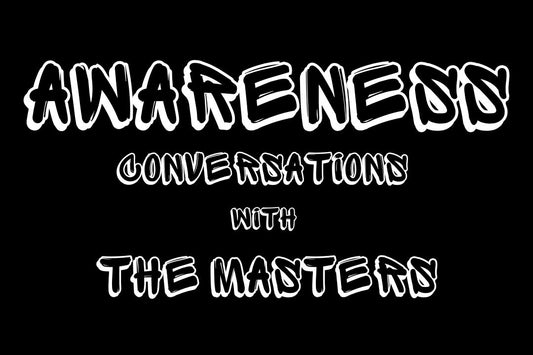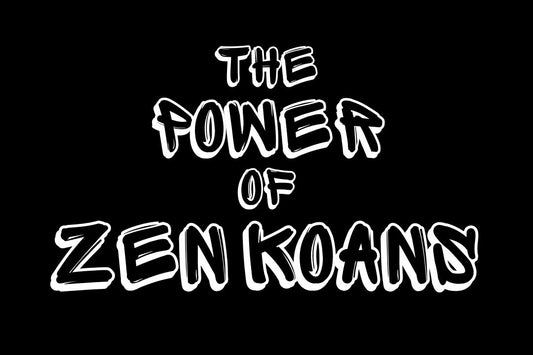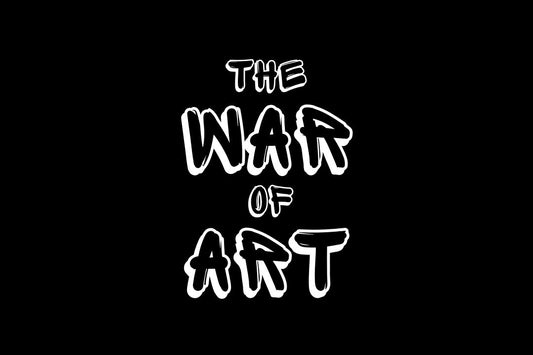-The Scientific Method: A Guide to Effective Thinking
The scientific method is a time-tested approach to problem-solving that has been used for centuries.
It is a process of observation, hypothesis formation, experimentation, data collection, and analysis.
The scientific method has helped us make incredible advancements in many fields, including medicine, engineering, and technology.
It is a systematic approach to thinking that can be used by anyone, regardless of their educational background or field of study.
-What is the Scientific Method?
The scientific method is a structured approach to answering questions and solving problems.
It is based on the idea of forming a hypothesis, testing it through experimentation, and analyzing the results.
The scientific method begins with observation.
Scientists observe the world around them and ask questions about how and why things work.
They form hypotheses based on their observations and then design experiments to test those hypotheses.
-The steps of the scientific method are as follows:
-
Ask a Question: Begin by asking a question about the world around you. This question should be specific and focused.
-
Do Research: Before you begin your experiment, do some research on the topic. This will help you form a hypothesis and design your experiment.
-
Form a Hypothesis: Based on your observations and research, form a hypothesis. A hypothesis is a proposed explanation for a phenomenon that can be tested through experimentation.
-
Test the Hypothesis: Design an experiment to test your hypothesis. This experiment should be carefully designed to isolate the variable you are testing.
-
Collect Data: Conduct the experiment and collect data. The data should be organized and analyzed.
-
Analyze Data: Examine the data to see if your hypothesis was supported or not. Look for patterns and trends in the data.
-
Draw Conclusions: Based on the data, draw conclusions about your hypothesis. If the data supports your hypothesis, then it may be accepted. If the data does not support your hypothesis, then it may be rejected or revised.
-
Communicate Results: Share your findings with others. This can be done through scientific papers, presentations, or other forms of communication.
-The Benefits of Using the Scientific Method:
The scientific method is a powerful tool for problem-solving and critical thinking.
It can be used to answer questions in any field of study, from physics to psychology.
By following the steps of the scientific method, you can develop a deeper understanding of the world around you.
One of the primary benefits of the scientific method is that it helps us make objective decisions.
By using data and evidence to support our conclusions, we can avoid making decisions based on personal biases or assumptions.
This allows us to make more informed decisions that are grounded in reality.
The scientific method also encourages creativity and innovation.
By asking questions and testing hypotheses, we can discover new solutions to problems and create new technologies.
-How to Use the Scientific Method:
The scientific method can be used in many different ways.
It can be used to answer questions about the natural world, to test the effectiveness of new treatments or interventions, or to solve complex problems in engineering or technology.
To use the scientific method, begin by asking a question.
This question should be focused and specific.
Do some research on the topic to help form a hypothesis.
Design an experiment to test the hypothesis, making sure to isolate the variable you are testing.
Collect data and analyze it to draw conclusions about your hypothesis.
Finally, share your findings with others.
By using the scientific method, you can make informed decisions and solve complex problems.
It is a powerful tool for critical thinking and problem-solving that can be used in any field of study.
-What the Scientific Method Can Teach Us:
The scientific method can teach us several crucial lessons that can help us become more effective thinkers in all aspects of our lives.
For example, it can teach us the value of being open-minded and objective when examining evidence and facts, and the importance of questioning our assumptions and biases.
Additionally, the scientific method can teach us to be patient and persistent in our pursuit of knowledge and understanding, and to appreciate the power of collaboration and the exchange of ideas.
By applying the principles of the scientific method to our daily lives, we can approach problems and challenges in a more systematic and logical way, which can lead to more accurate conclusions and better decision-making.
In conclusion, the scientific method is a powerful tool that can help us navigate the complex world around us. By following its steps, we can gather reliable information, make informed decisions, and continue to expand our understanding of the universe.
We hope that this post was useful, and added some value to your life!
Thank you for reading:)





